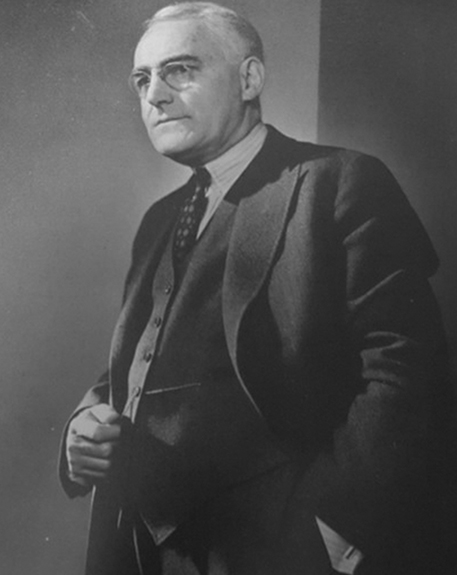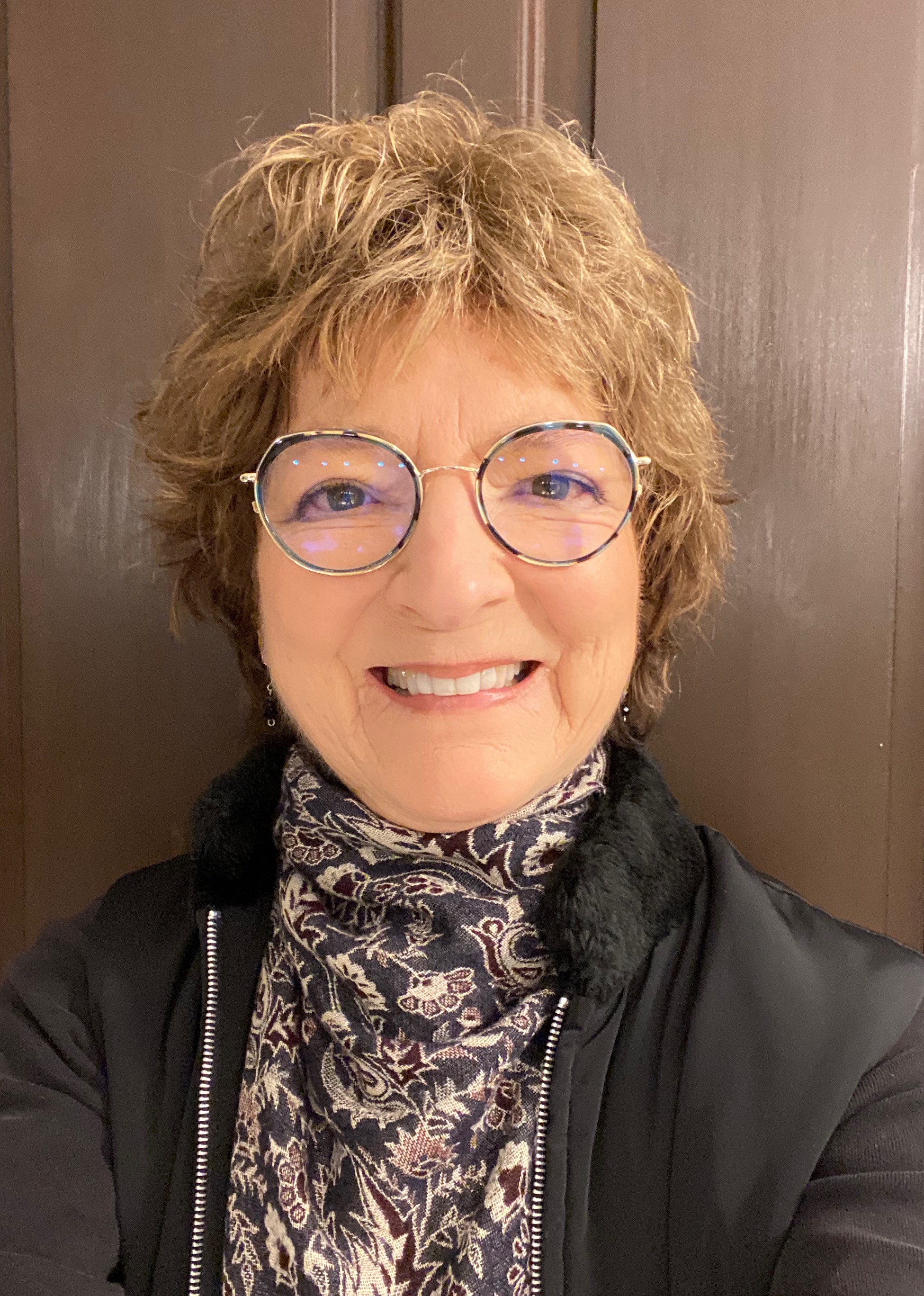2001 INDUCTEE Henry Friesen, MD Leadership in Organizational Development, Hormones, Female Reproduction
July 31, 1934
(Morden, Manitoba)
April 30, 2025
MD, University of Manitoba (1958)
2017: Distinguished Fellow of the Canadian Academy of Health Sciences
2006: F.N.G. Starr Award, Canadian Medical Association
See All AwardsAwards & Honours:
2017: Distinguished Fellow of the Canadian Academy of Health Sciences
2006: F.N.G. Starr Award, Canadian Medical Association
2004: Order of Manitoba
2001: Canada Gairdner Wightman Award
2001: Companion of the Order of Canada
1987: Officer of the Order of Canada
1978: Fellow of the Royal Society of Canada
1977: Canada Gairdner International Award
McLaughlin Medal of the Royal Society of Canada
Koch Medal, Endocrine Society
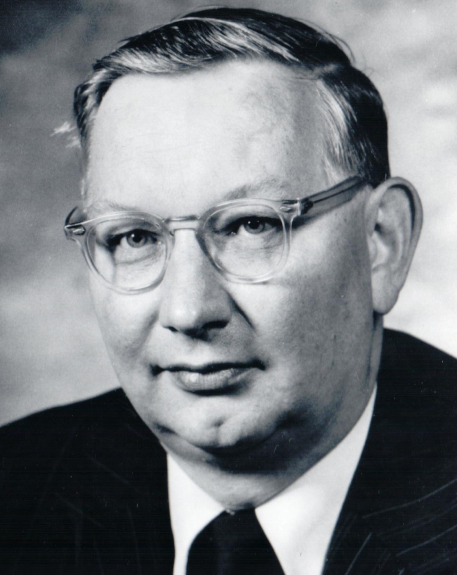
Discovered the hormone prolactin and founded the CIHR
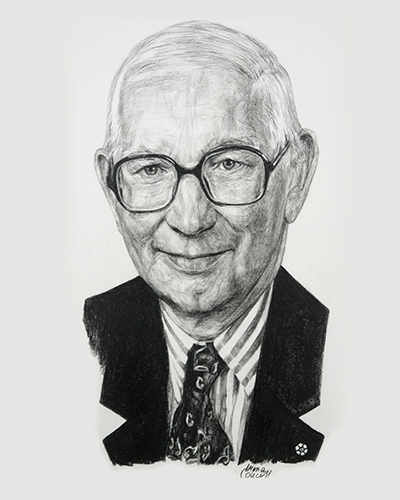
A transformative influence on health research in Canada
In 1965, Dr. Henry Friesen entered the Department of Medicine at McGill University, where he carried out research on human growth hormones which made successful replacement therapy in hormone-deficient children possible. Further endocrine research led to his isolation and purification of the hormone prolactin. As an administrator, Dr. Friesen served on the Medical Research Council of Canada as President, piloted the Council through challenging times with competence and diplomacy as well as envisioned and championed its transformation into the Canadian Institutes of Health Research.
Key Facts
Appointed Distinguished Fellow of the Canadian Academy of Health Sciences, an honour held by only 10 people at any given time
Determined that excessive circulating prolactin caused infertility
Strengthened the partnership between the Medical Research Council and the pharmaceutical industry
Served as President of the National Cancer Institute of Canada and President of the Canadian Society for Clinical Investigation
Received honorary doctorates from eight universities
Appointed Founding Chair of Genome Canada
Professional timeline
Impact on lives today
As a result of his ground-breaking discovery of the hormone prolactin, Friesen developed the drug Bromocriptine in collaboration with researchers in the pharmaceutical industry. This drug is still used today as an effective treatment of infertility in thousands of women. In addition, the Canadian Institutes of Health Research remains Canada’s premier health agency and is made up of 13 different virtual institutes. Each year they invest $1 billion to support over 13,000 researchers and trainees.
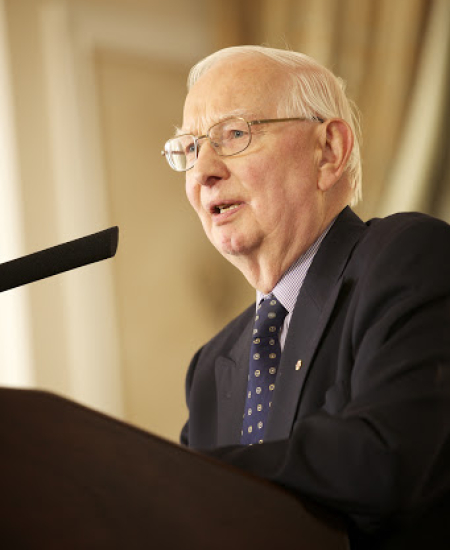
2025
-
Friends of the CIHR established the Henry G. Friesen International Prize in Health Research
The prize is awarded annually to “an individual of international stature who best exemplifies Henry Friesen’s prescience, organizational creativity and broad impact on health research and health research policy.”
-
Henry Friesen inducted into the Canadian Medical Hall of Fame
Winnipeg, Manitoba
-

He was appointed the Founding Chair of Genome Canada
Leadership in Organizational DevelopmentThe federal government’s lead corporation supporting genomics research, staying in that role for five years
-

CIHR was established
Leadership in Organizational DevelopmentAfter years of persistence and development, Friesen led the establishment of the Canadian Institutes of Health Research. As a result, he is credited with redefining medical research in Canada.
-
Henry Friesen met with Paul Martin, Minister of Finance, to discuss the possibility of a new national agency for Canadian medical research
Leadership in Organizational DevelopmentThis meeting began Friesen’s determined push for change in the nature federal support for medical research in Canada.
-
The Medical Research Council of Canada appointed new leadership
Leadership in Organizational DevelopmentDr. Friesen served as President of the MRC for the next nine years. Committed to strengthening Canada’s medical community, he facilitated the establishment of the Canadian Breast Cancer Initiative and the Canadian Medical Discoveries Fund.
-
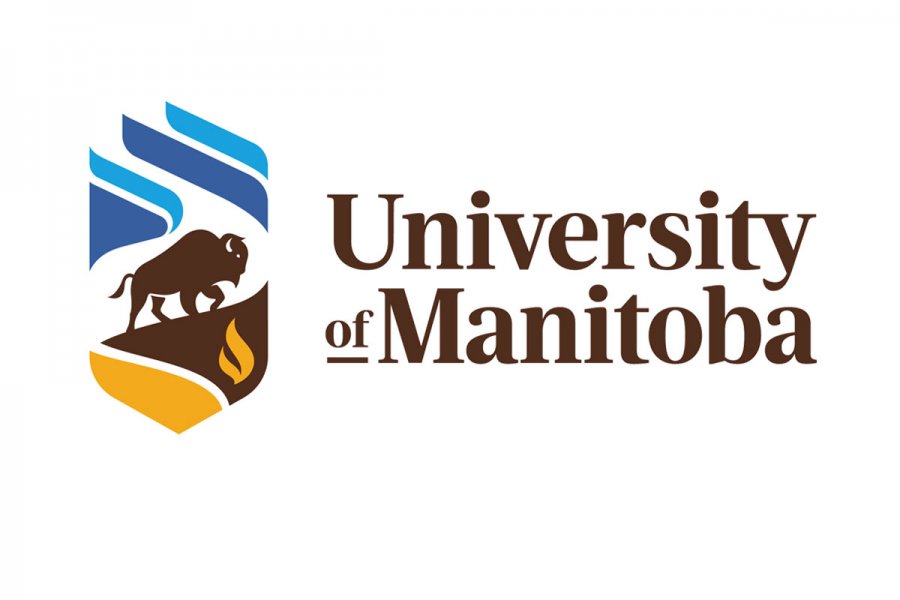
Friesen moved to the University of Manitoba
Leadership in Organizational Development, Health and Medical Education & TrainingHe became Professor and Head of the Department of Physiology and Professor of Medicine until 1991.
-
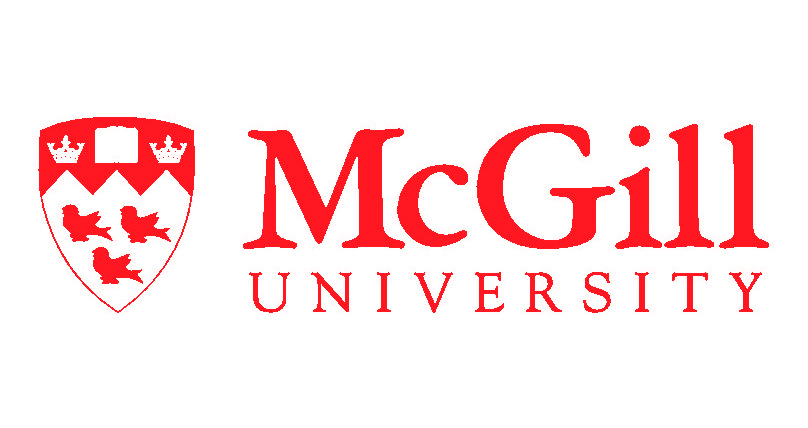
Friesen returned to Canada
He accepted a position at McGill University and was cross-appointed to the Royal Victoria Hospital.
-
Prolactin was discovered
Female Reproduction, HormonesAgainst the skepticism of some of his colleagues, Dr. Friesen discovered prolactin and described its physiological effects. During this time, he also pursued research on human growth hormones.
-

Friesen graduated from medicine at the University of Manitoba
He then pursued post-graduate training in endocrinology at the New England Center Hospital in Boston.
1958
He is brilliant, confident and persistent with an unbounded curiosity.

